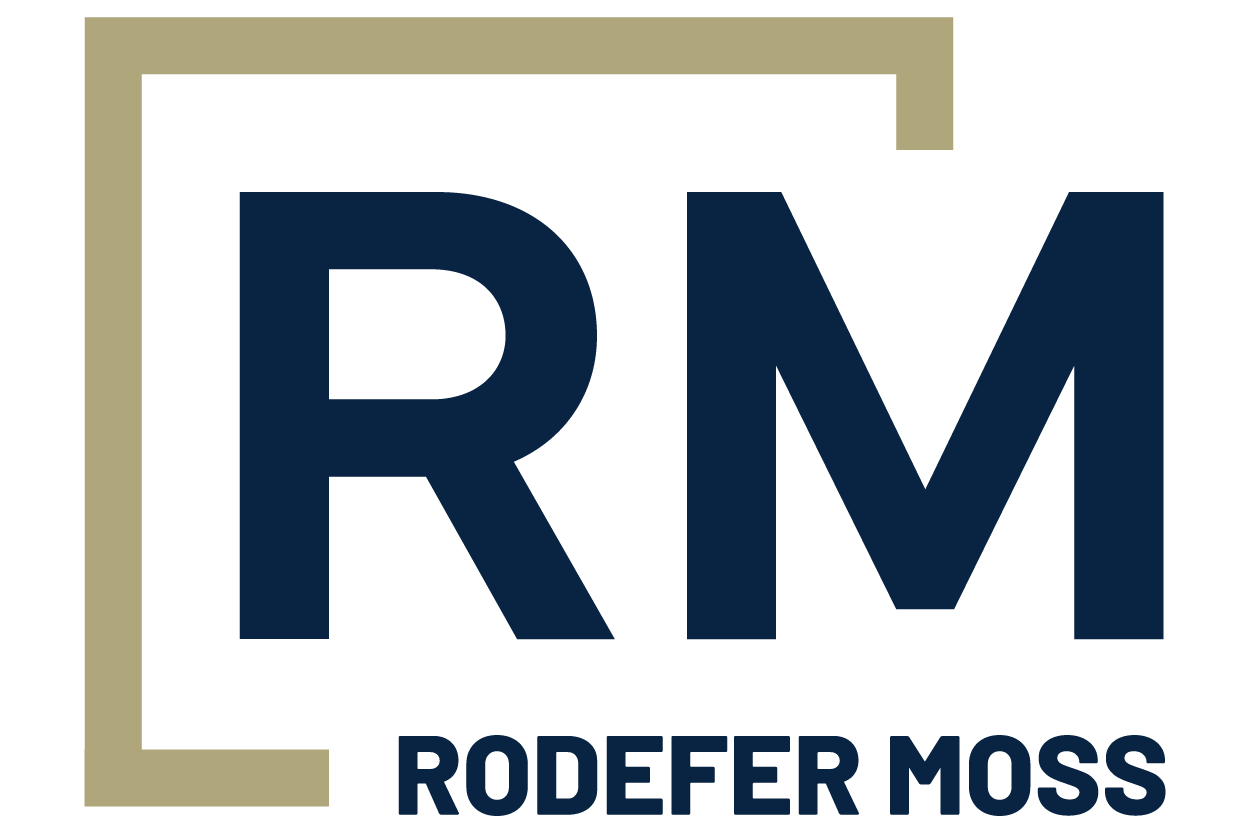10 specific accounting and financial reporting standards that differentiate FASB and GASB
.png)
Revenue Recognition: FASB has issued ASC 606, which provides guidance on revenue recognition for most entities, while GASB has issued Statement 33, which provides guidance on recognizing nonexchange revenue for state and local governments.
Leases: FASB has issued ASC 842, which provides guidance on accounting for leases for most entities, while GASB has issued Statement 87, which provides guidance on accounting for leases for state and local governments.
Intangible Assets: FASB has issued ASC 350, which provides guidance on accounting for intangible assets, while GASB has issued Statement 51, which provides guidance on accounting for intangible assets for state and local governments.
Pension Accounting: FASB has issued ASC 715, which provides guidance on accounting for pensions for most entities, while GASB has issued Statements 67 and 68, which provide guidance on accounting for pensions for state and local governments.
Debt Issuance Costs: FASB has issued ASC 835, which provides guidance on accounting for debt issuance costs, while GASB has issued Statement 34, which provides guidance on accounting for debt issuance costs for state and local governments.
Fund Accounting: GASB requires state and local governments to use fund accounting, which involves segregating resources into different funds based on their purpose, while FASB does not have a similar requirement for most entities.
Reporting Entity: GASB requires state and local governments to report financial information for the primary government as well as any component units, while FASB does not have a similar requirement for most entities.
Financial Statement Presentation: GASB requires state and local governments to present a statement of activities, which shows the net change in each fund and the government as a whole, while FASB requires entities to present an income statement or statement of comprehensive income.
Nonfinancial Assets: GASB requires state and local governments to report on infrastructure assets, while FASB does not have a similar requirement for most entities.
Accounting for Grants: GASB requires state and local governments to account for grants differently than FASB does for most entities, with a focus on characterizing the grant as either exchange or nonexchange and recognizing revenue accordingly.

